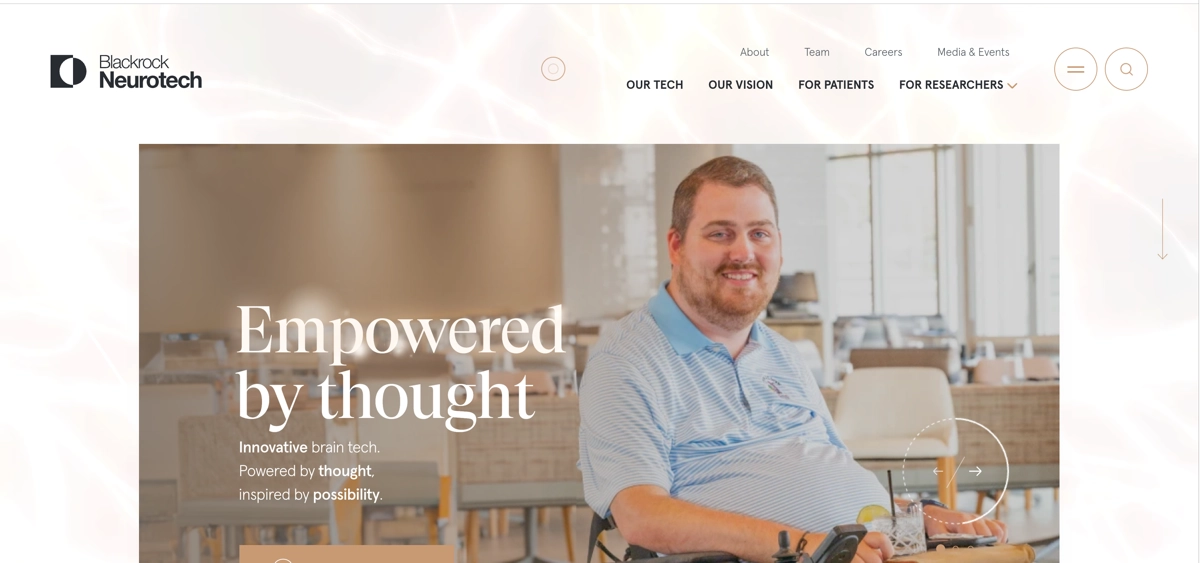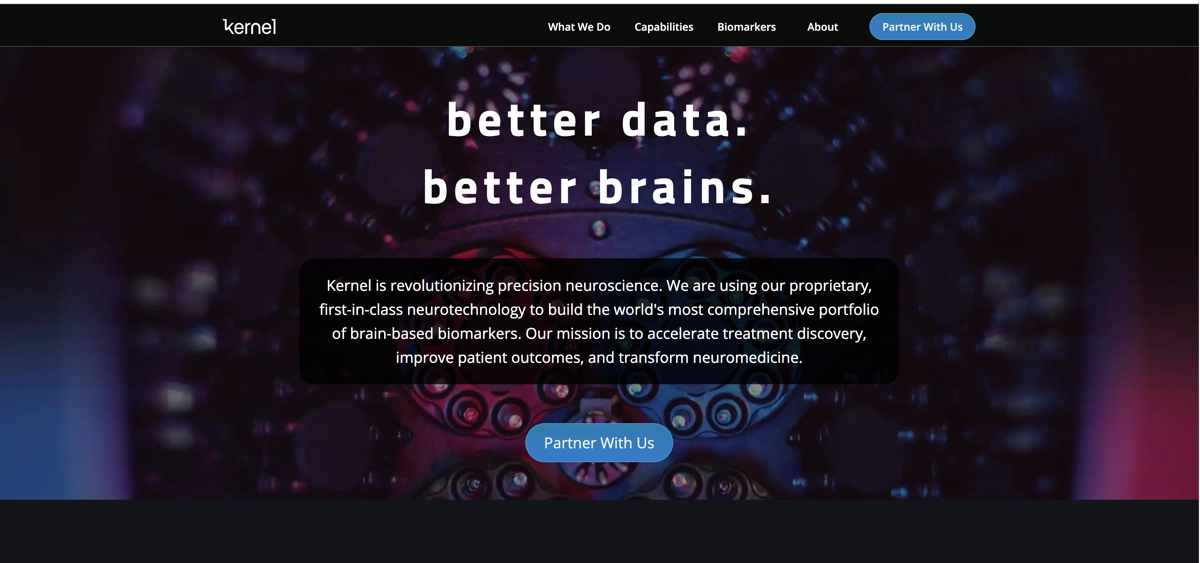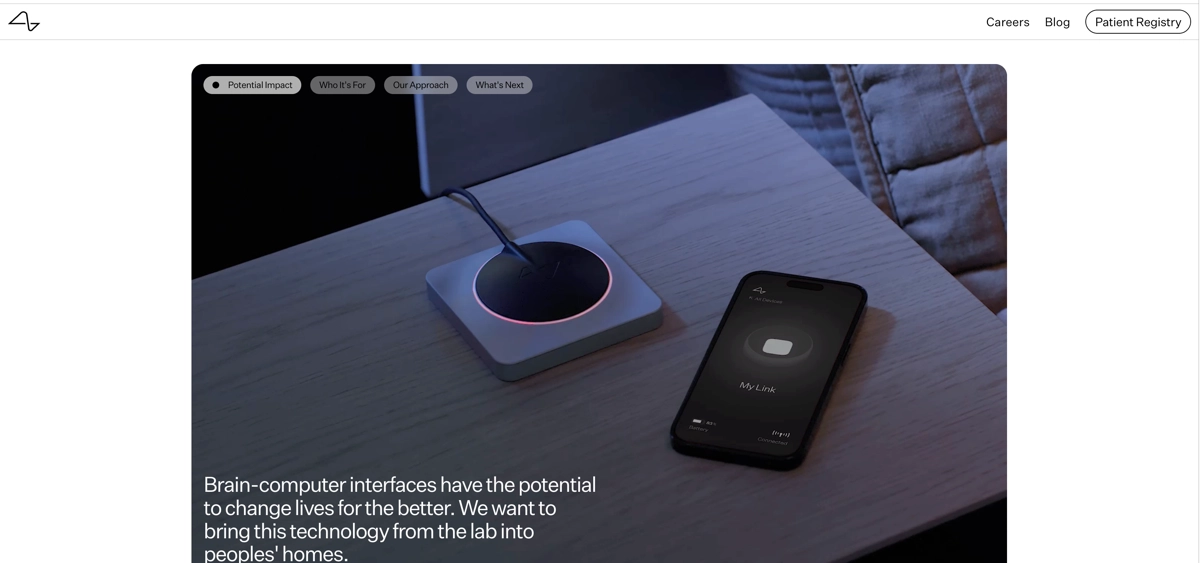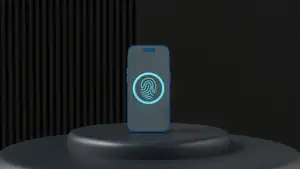
5 of the Most Technologically Advanced Neurotech Companies
A handful of leading neurotech companies that carry out research into the human brain are currently pioneering innovative new technology to take neuroscience to new levels.
These companies combine neuroscience with scientific knowledge to further the field by coming up with new ways to connect modern state-of-the-art computing equipment and other mechanical devices to the human body’s nervous system.
Their aim is to record and decipher the signals that neurons inside the brain use to communicate with other parts of the body and to understand more clearly how brain activity can be affected by the application of stimuli.
Without further ado, let’s dive straight in to discover more about five of the world’s leading neurotech companies that are paving the way forward in the advancement of this sector of healthcare technology.
These companies conduct ground-breaking research and even develop the cutting-edge devices used in their line of work.
Top 5 neurotech companies
A quick look at these top 5 Neurotech companies
Synchron

Founded: 2016
Synchron is currently developing a brain-computer interface called brain.io, which they will soon be able to implant via a minimally invasive procedure. The innovative new technology will push the boundaries and hopefully be able to treat certain neurological disorders.
For patients who have severe paralysis, for example, a neuroprosthetic device should be able to bring back any bodily functions they may have lost. If the clinical trials are successful, the device will be used to translate neural signals into commands for controlling certain digital devices.
Blackrock Neurotech

Founded: 2008
This Utah-based company is leading the way in pioneering several new brain-computer interfaces that patients with various neurological disorders and paralysis can use.
Blackrock Neurotech’s ground-breaking new devices can potentially help patients restore mobility and give them more independence to carry out everyday tasks using only their mind, like controlling state-of-the-art robotic limbs, which could enable them to type or do other things like operate wheelchairs.
Kernel

Founded: 2016
Kernel is a Culver City, California-based company. Their dedicated workforce of physicists, neuroscientists, and engineers is currently leading the way in trying to establish non-invasive techniques that will gather important information about brain signals, which can then be used to improve clinical treatments and the field of neuroscience.
Using a hi-res tool that can rapidly gather huge volumes of brain data at scale known as Kernel Flow, the company can carry out many important studies to further our knowledge and understanding of neuroscience.
Neuralink

Founded: 2016
Neuralink is also based in California (Fremont) and is quite possibly the most well-known of today’s top five technologically advanced neurotech companies because multi-billionaire Elon Musk founded it.
This company is currently in the development stages of manufacturing an implantable brain-computer interface. If successful, the aim of this device will be for paralyzed patients to operate compatible medical devices and computers via their thoughts.
Neuralink has also designed and made a surgical robot to implant these devices into patients. The robot comes fully equipped with sensors, optics, and other necessary technological tools needed to carry out such complex tasks.
Neurable

Founded: 2015
Neurable is a neurotech company that hails directly from the University of Michigan’s Direct-Brain Interface Laboratory in Boston, Massachusetts.
The team behind this company specializes in crafting unique devices that have the ability to measure signals and other activity from the brain and then translate them into insights medical professionals and other experts in the neuroscientific field can easily understand.
One of their main goals is to make neurotechnology more widely available to regular consumers, not just specialists and experts.










